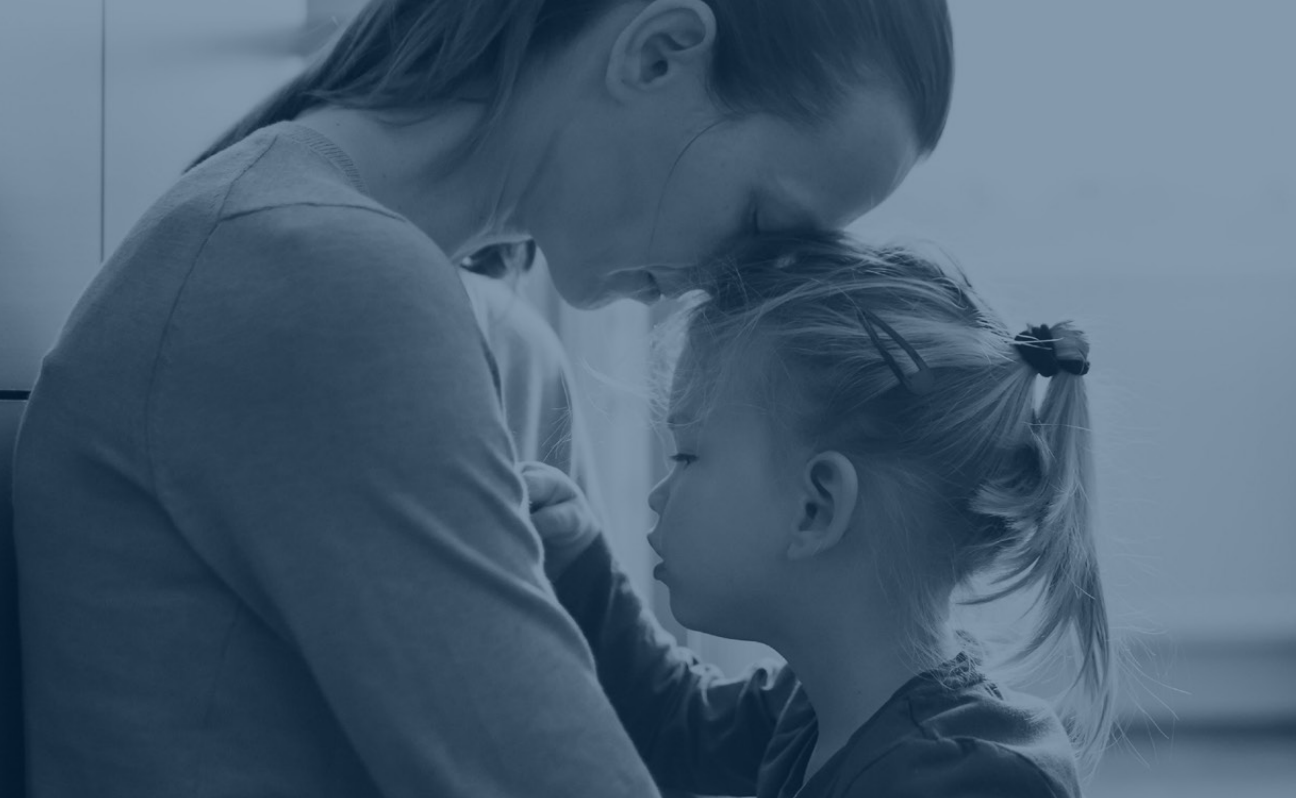Tragic Care Home Incident Highlights Need for Community Based Care
The European Expert Group on the Transition from Institutional to Community-based Care, of which Eurochild is a member of, have released a statement on the tragic incident in Czechia which claimed the lives of eight people and injured another thirty.
The European Expert Group on the Transition from Institutional to Community-based Care (EEG) has been shaken by the news of a devastating fire in a care home for persons with disabilities in Vejprty in the Czech republic, which has claimed the lives of eight people and injured another thirty.
We express our sincere condolences to the families and friends of the victims.
We wish the survivors a swift recovery and hope that they are able to overcome this traumatic experience.
Just two weeks ago the Czech Ombudsman, Anna Šabatová, called on the Ministry for Labour and Social Affairs to support independent living of people with intellectual disabilities after her visit to 9 institutions.
The evidence including EEG report has shown that institutions are harmful for both children and adults and illustrates the urgencies to move people out of institutions into family-and community-based care.
EU leadership is critically important for ensuring this transition. It is vital the EU invest in measures that help Member States to change their care policies, procedures and practices to launch or speed up reforms. At a national level, the focus must be on changing the social protection and welfare systems and creating incentives so that good practices become the norm, not the exception. Reforms must put individuals’ needs at the centre, strengthening social connections, and ensuring those receiving support are fully included and integrated in society.
We call on the EU to ensure that:
- EU funds are not spent on institutions;
- EU resources improve the availability and the quality of family- and community-based support whilst also ensuring that the services can be sustained through domestic resources once EU funding ends;
- EU funding supports reforms that are designed and implemented with the direct involvement of those concerned and effectively monitors spending;
- Reforms go hand-in-hand with investment in accessible housing with quality public services which include early child education and care, education, employment, leisure and cultural activities.
- Ending institutionalisation is not only a human rights obligation. For those locked behind the walls of institutions it means having choice; it means life.
---------------------------------------------------------------
The European Expert Group on the Transition from Institutional to Community-based Care (EEG) is a broad coalition gathering stakeholders representing people with care or support needs and their families, including children, people with disabilities, homeless people, and people experiencing mental health problems; as well as service providers, public authorities and UN organisations. The Group has as its mission the promotion of person-centred, quality and empowering models of services and formal and informal care that fully respect the human rights of all people with care or support needs. The Group supports national efforts to implement the necessary reforms, in compliance with the United Nations Convention on the Rights of Persons with Disabilities (in particular with Article 19), the United Nations Convention on the Rights of the Child and the European Charter of Fundamental Rights.




